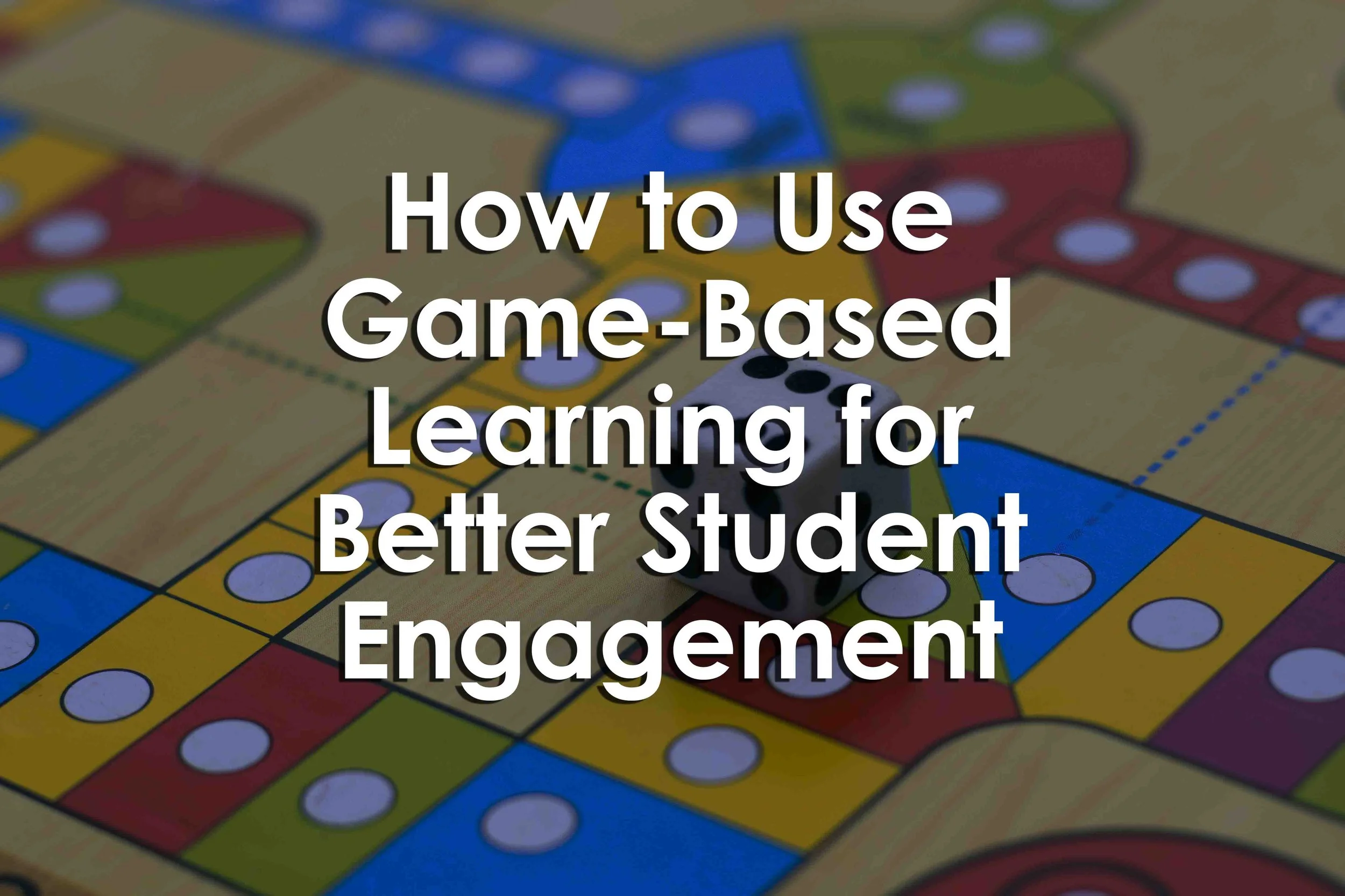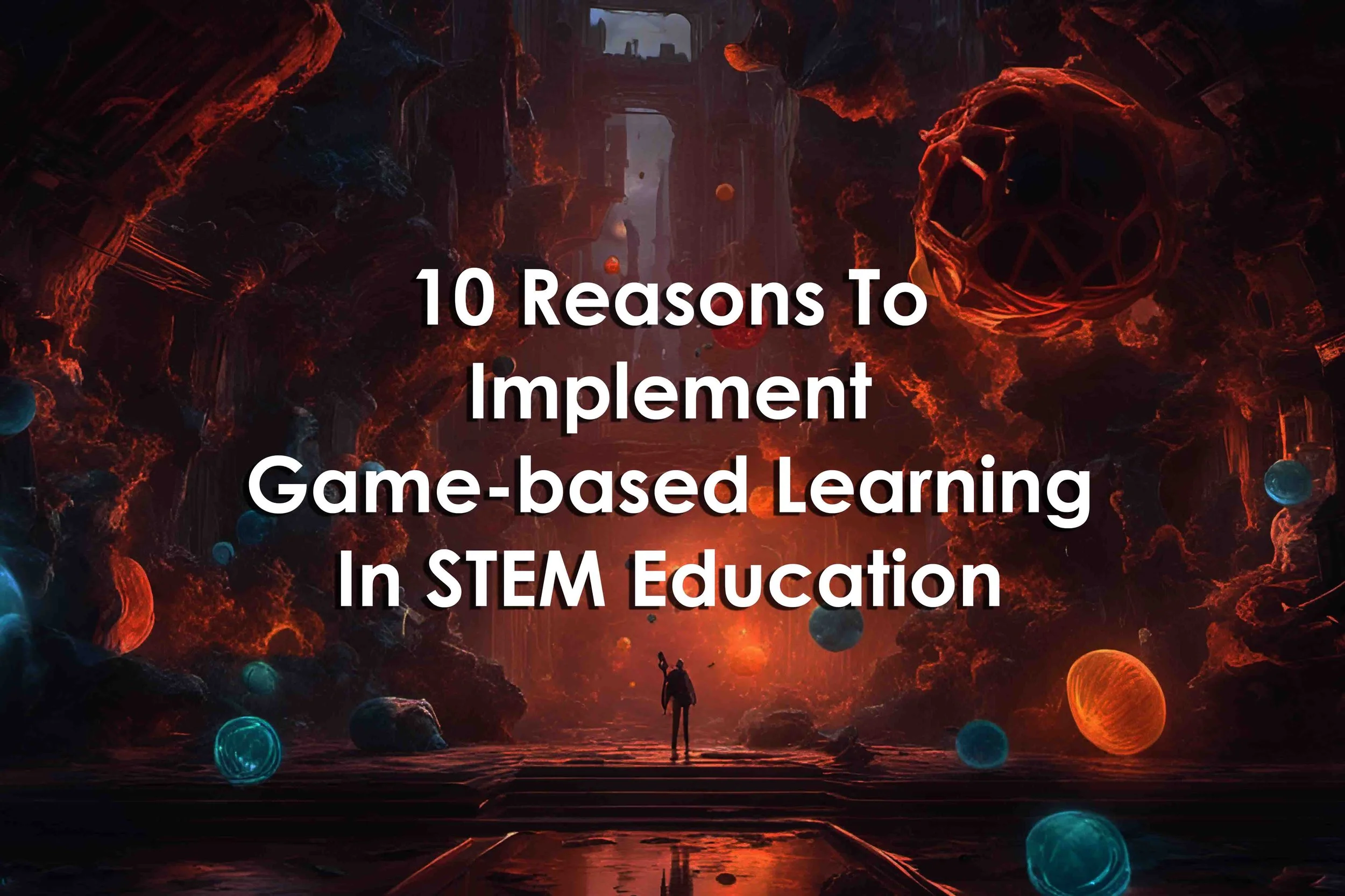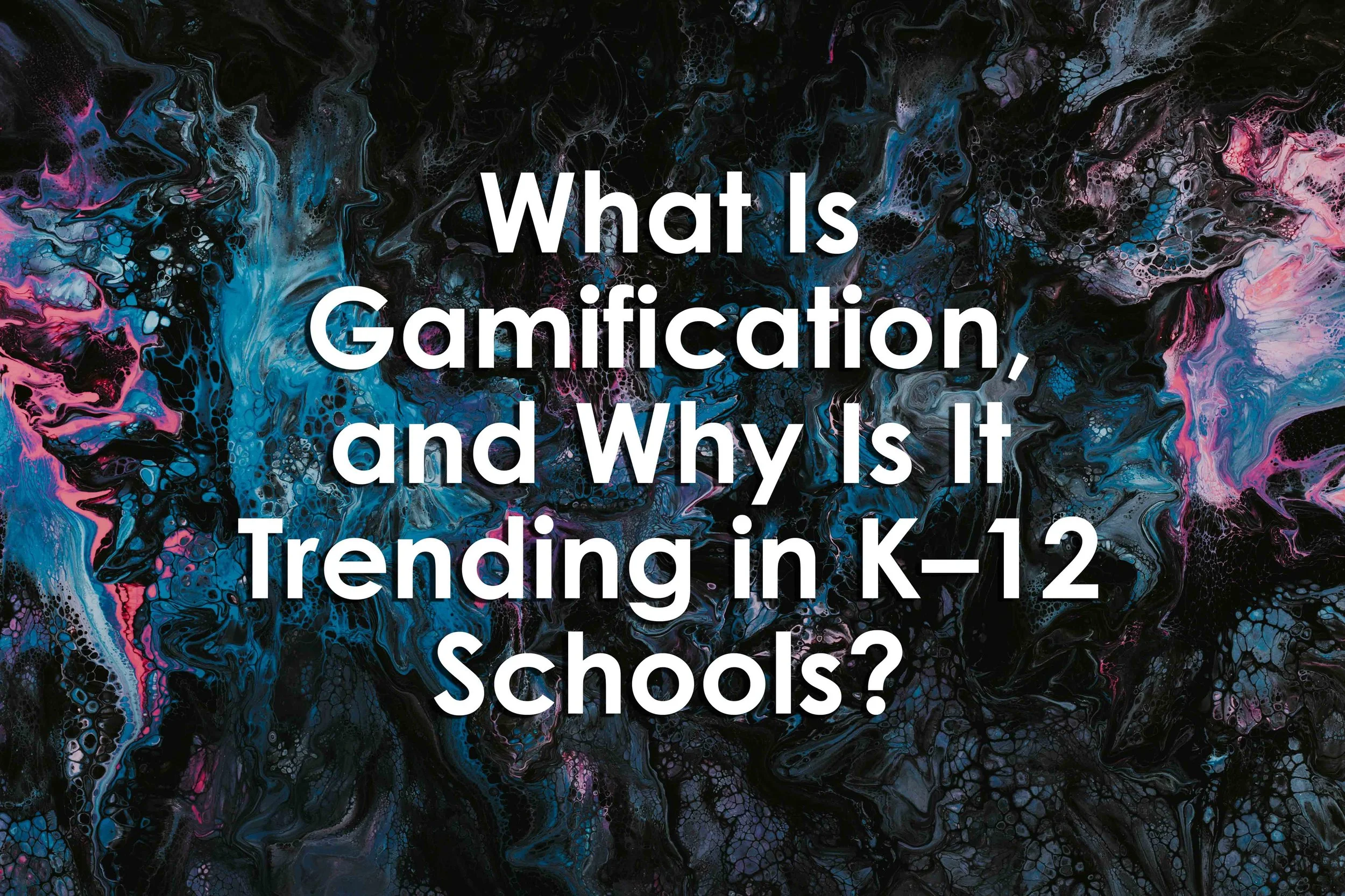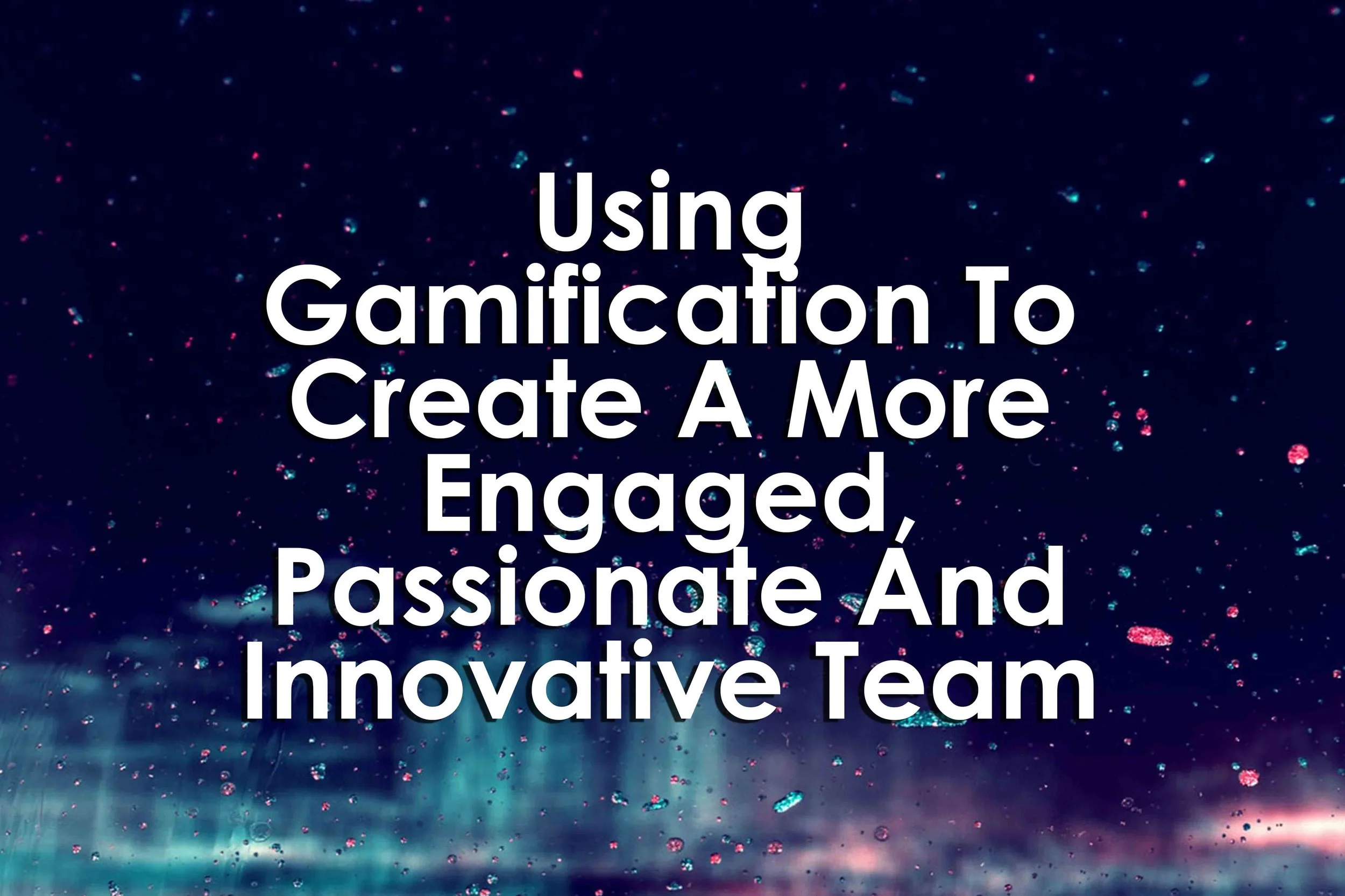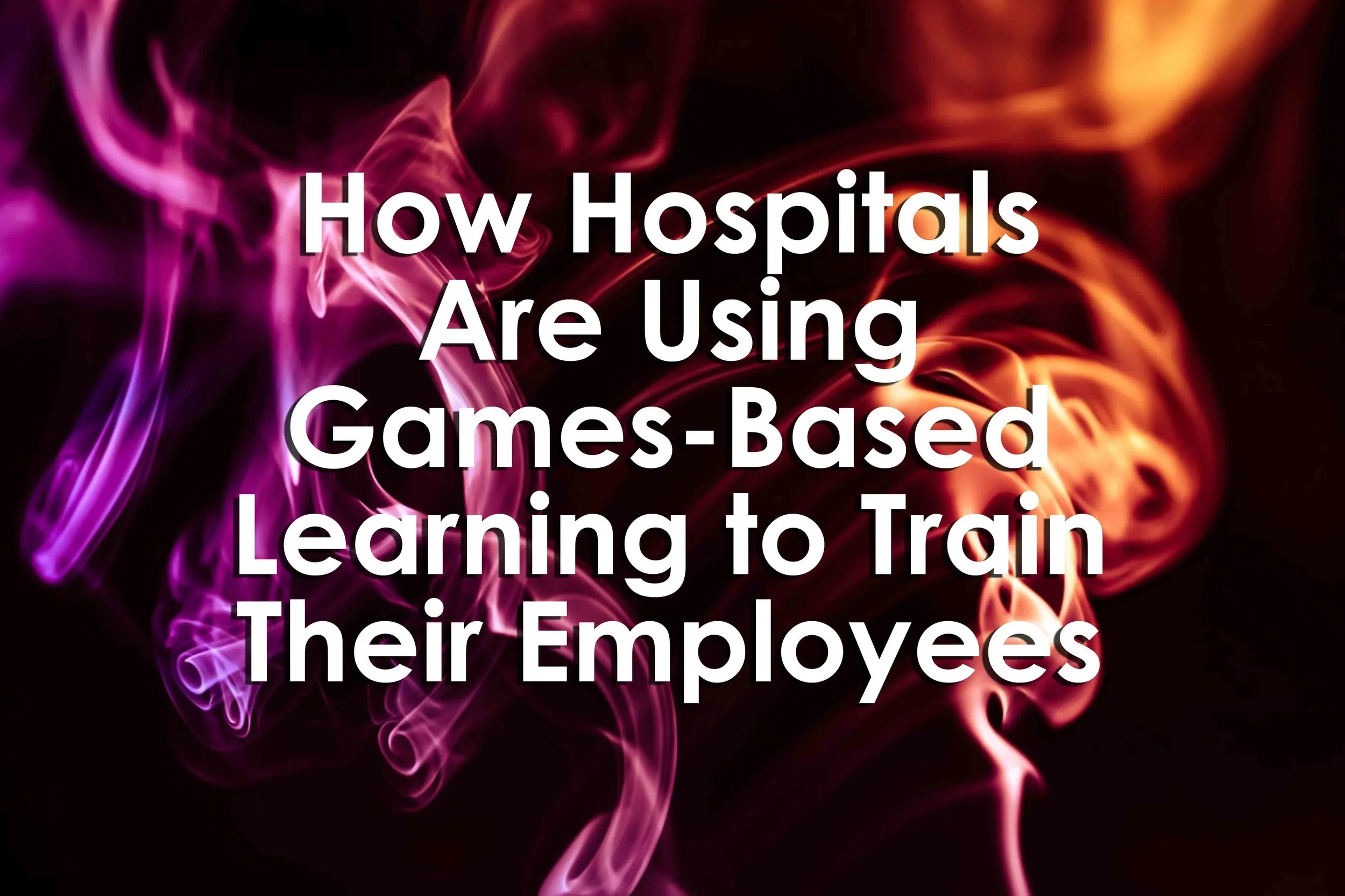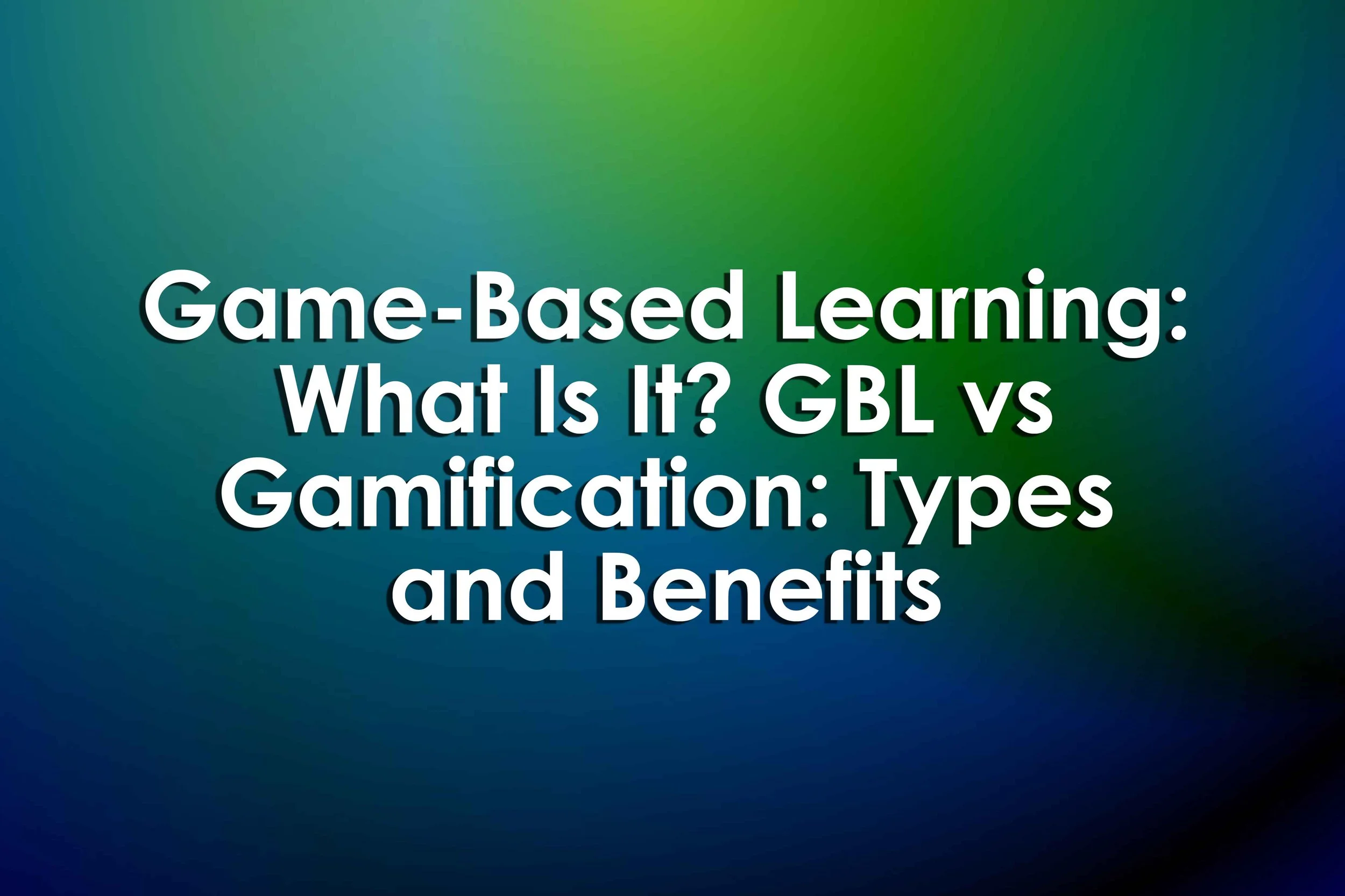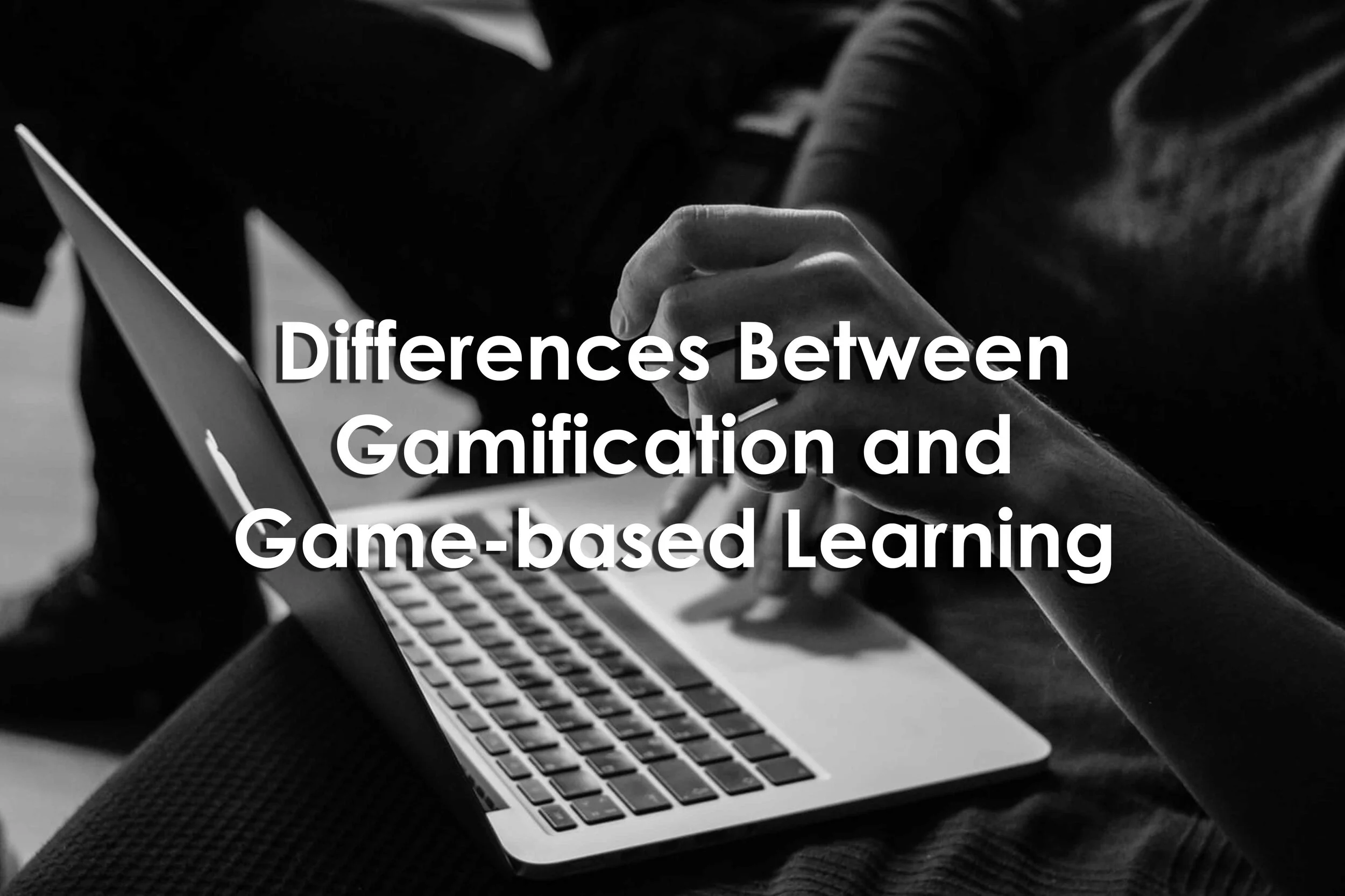The BBC, for one, launched iReporter in 2018 to teach media literacy skills, and Yle News Lab in Finland designed a game to demonstrate to users how false information spreads via social media.
Read MoreMeaningful student engagement is crucial for effective learning in today's quickly changing educational world. When compared to the fast-paced, participatory world of technology and games, traditional teaching approaches often fail to catch the attention of today's students. This is a situation where game-based learning could prove useful. Integrating elements of game design and gaming into the classroom has been shown to increase student engagement and performance in the classroom.
Read MoreAs technology reshapes the way we live and work, Science, Technology, Engineering, and Math (STEM) skills have become indispensable. Students today must understand core STEM concepts and remain motivated to explore them further. However, some of these concepts can be difficult for kids to fully grasp, which is why many institutions now encourage game-based learning.
Read MoreGamification v Game-Based Learning When choosing the best games for your Gameschooling experience, it is important to note the difference between Gamification and Game-Based Learning. Game-Based Learning uses game elements to teach a specific skill or encourage a specific learning outcome.
Read MoreEducators work hard to set students up for success in a world that is increasingly digital. "Students are going to be working in a world where they'll need to have proficiency in technology, so it's important to teach those skill sets at a young age." Gamification is one way school districts are exploring the new education landscape.
Read MoreThe Experience Of Corporate Education In the learning and development space, experts have long recognized that active learning experiences are better tools than passive learning. David Kolb's publications on his experiential learning theory in the 1980s were already making a case for concrete experiences and active experimentation being better learning tools than lectures and slide shows in which the learner takes no effectual role.
Read MoreGamification of learning is an educational strategy that uses video game-inspired design and elements in a learning environment to inspire students while superlating their enjoyment and engagement. Game-based learning is another active learning strategy in which games are utilised to help students learn more effectively.
Read MoreGamification and game-based learning have been popular for the last decade and will remain in trend in the future. There are essential differences between gamification and game-based learning that you may want to know. The more exciting a plot is, the faster and deeper a learner will immerse in learning.
Read MoreThere are more things competing for our time and attention - cell phones, tablets, watches, video games, smart home devices, smart lights, smart doorbells and far too many more things to name. Following a blueprint set forth by the video gaming industry, many industries have begun to integrate the process of "Gamification," or banking on the competitive nature of people to encourage them to continue engaging with the product or service.
Read MoreThis study aimed to focus on using games in the classroom and the academic effect on the students. Games in the classroom have become very popular in recent years.
Read MoreWhen Dr. James Rosser Jr. was in medical school, he noticed that students who didn't play video games were having a harder time learning intricate motor skills than those who did. Surgeons who played video games three hours a week made 37 percent fewer mistakes in surgery.
Read MoreGone are the days when learning was limited to pen and paper, or blackboard and chalk! In today's fast-paced hybrid learning landscape, the whole world has transformed into a classroom. There's certainly no doubt that hybrid learning has truly sparked a series of transformations that will flourish even after the pandemic is over.
Read MoreWhile at times, games have been criticized as sin and equated to doing nothing, games can have a huge impact upon culture in a multitude of ways. While beliefs concerning games and their worth have varied over their entire existence, the conclusion today by game scholars is that games can teach players all manner of things.
Read MoreBasically, GBL is a strategy that uses the idea of a playing game to reach specific learning objectives, whether they belong to knowledge, skills, or attitudes.
Read MoreDifferences Between Gamification and Game-based Learning
Read MoreSo far we've been talking about combat damage being dealt in a standard means, but deck damage, also known as "Milling" is usually done in other ways. If you try and deal damage to an object which is important to me, I may use these same abilities to prevent that damage as well, I don't necessarily have to be the target myself.
Read MoreThe Greek mathematician Euclid may very well have proved, circa 300 BCE, that there are infinitely many prime numbers. The aim of the game is to sort as many numbers as possible into "Prime" or "Not prime" in 60 seconds. A prime number is a whole number with precisely two divisors, 1 and itself.
Read MoreMy kids survived lockdown by living online, playing Minecraft. In the real world, I provide for all of my kids' needs, but in Minecraft they have to work for everything they create. The kids get really upset when someone steals their stuff.
Read MoreA newish wave of sophisticated, adult board games have made exploitation part of their game mechanics. "Puerto Rico" is still considered to be one of the greatest board games of all time. "Puerto Rico" is part of a wave of modern, strategy-heavy board games that earn high praise while asking players to reenact human history's grimmest episodes.
Read MoreWe resist play because we're scared to fail. As adults, we're often scared to play because of the judgements of our peers. Play personality styles can inspire playful learning design Many learning professionals don't really know where to start in creating fun, playful learning.
Read More


